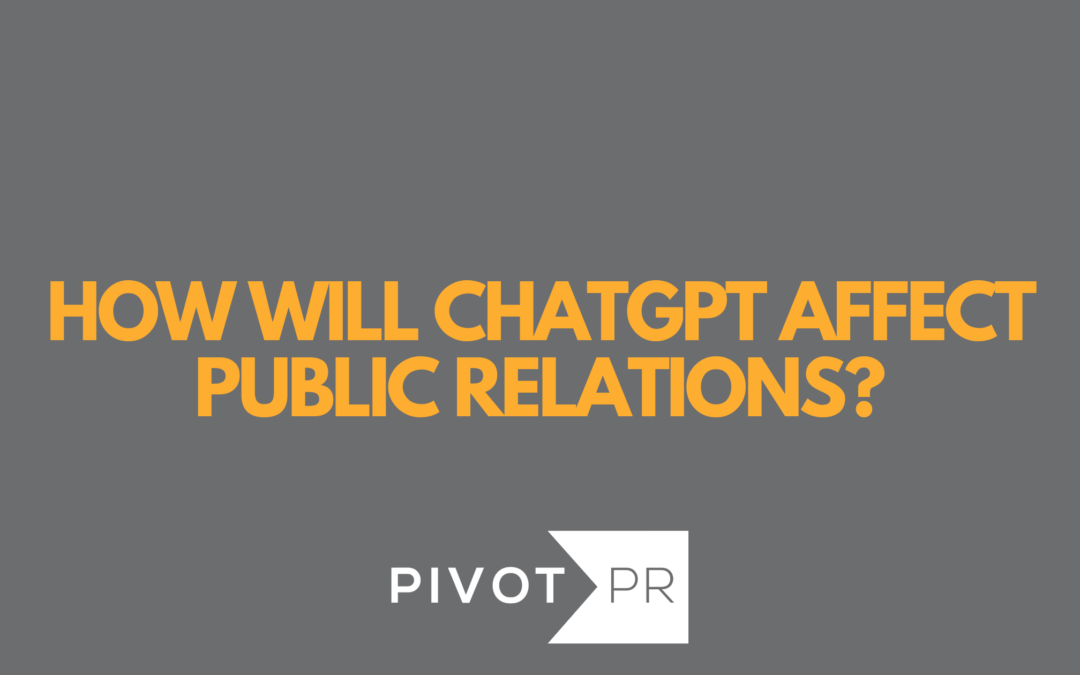For most of us, writing is the process of doing that which is just a bit beyond us. You can see it in the struggle. There’s writer’s block. And terms of art such as “the words escape me” or “I can’t put it into words.” We know much more than we can communicate.
For those who are writers by way of public relations, our entire careers are focused on mastering the process of writing, and then to ultimately share that art with others. Depending on the company, its audiences and business objectives, there are various tones and styles of writing to take, and this art form can be very subjective. But at the end of the day, it’s a PR professionals’ job to articulate a company’s message effectively and clearly.
Each and every day, Generative AI and ChatGPT are persisting in the news. And we know that AI will have an impact on every industry, including PR. Just this month, Insider’s newsroom will start working AI into its newsroom, and believes it will make the company “faster and better”. But, using ChatGPT has also garnered some serious backlash. Vanderbilt University recently used the service to draft their response to the MSU shooting that caused major uproar amongst its student body. So, what does this blog have to do with ChatGPT? At its core, everything.
If we as professional communicators are to master this new technology, then we need to understand its implications and limitations. Those limitations begin with the realization that language is simply translative. Words are imperfect messengers of how we think or feel. But they are not actual thoughts.
To date, ChatGPT does an amazing job of stringing words together in an assertive manner, meeting the conventions of grammar and syntax. But it fails to integrate the thinking that gives rise to the kind of content that surprises and delights even the most hardened business audiences in its ability to tie together ideas, concepts, and opinions. Think of that front page Wall Street Journal article that ties business to some human dimension we have never before considered.
The limitations of ChatGPT and Generative AI raise many interesting questions about how we, as communicators, will come to accommodate ourselves to it. We believe the staunchest adopters of ChatGPT have been the strongest writers. They quickly see the framework ChatGPT projects, making our lives easier to apply thought independent of words.
ChatGPT provides a remarkable opportunity to focus on more human elements of writing without being taxed on syntax or grammar, since machines can now do that for us. We can now leave the words to the machine while reserving the “thinking” part of communications, such as narrative creation and understanding the audience, to more thoughtfully articulate our message – which is what PR professionals do best!
